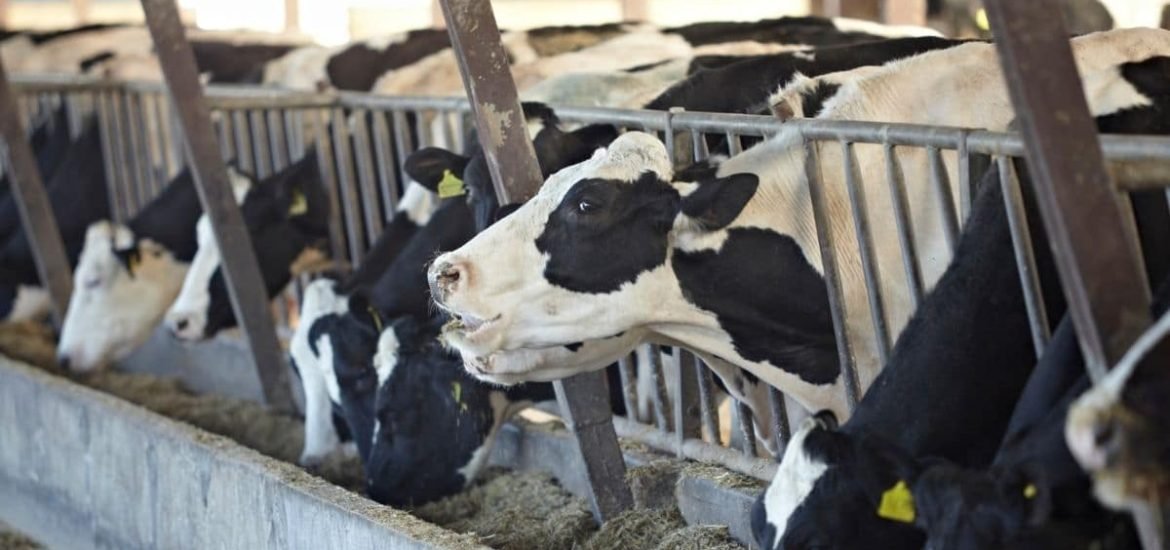
Even if the world stopped burning all fossil fuels today, that would not be enough to keep global temperatures below a 1.5° to 2°C increase above preindustrial levels. Fossil fuel burning is only part of the story, according to a new study published on 6 November in Science (1). At present, almost one-third of greenhouse gas emissions are tied to the global food system.
A growing global population and dietary choices are driving unstainable farming practices. Food systems are spewing out increasing amounts of carbon dioxide, methane, and other greenhouse gases into the atmosphere that alone could push the plant past the 1.5 degrees Celcius limit by 2050, the authors say.
In a statement, co-author Prof David Tilman, an ecologist at UC Santa Barbara, explained: “Global food demand and the greenhouse gases associated with it are on a trajectory to push the world past the one-and-a-half degree goal, and make it hard to stay under the two-degree limit”.
Agriculture is responsible for around 30 per cent of all greenhouse gases, mainly from deforestation, land-use changes, overuse of fertilisers, and methane-burping livestock. But emissions from food production are not entirely unavoidable and reducing these emissions “will likely be essential” to preventing widespread sea-level rise, ocean acidification, biodiversity loss, as well as many other adverse events linked to irreversible climate change.
While farming is essential to feeding the growing global population, early and widespread adoption of feasible strategies could significantly reduce the carbon footprint of food systems, the authors say. The researchers estimated the potential impact of implementing different strategies based on the dietary guidelines prescribed in the EAT-Lancet Commission’s Report, which focus on both personal health and sustainability. In addition, they used population forecasts from the United Nations and applied standard assumptions about how diets change when nations become wealthier.
The most effective strategy may come as no surprise: shifting toward plant-based diets. Not only are plant-rich diets healthier, but they can also reduce pressure to clear more land for grazing and producing animal feed. Other recent studies have suggested that switching to plant-based diets high in coarse grains, fruits, vegetables, nuts and seeds while limiting meat intake could dramatically reduce agricultural emissions.
The second most effective approach is reducing fertiliser use. Since 1960, farmers have been using more and more fertiliser. Recent studies showed that many farmers overuse fertilisers, which can actually reduce yields. Easing up on fertiliser use would save farmers money and prevent the release of the potent long-lived greenhouse gas nitrous oxide, the third most important atmospheric pollutant after carbon dioxide and methane.
“About 40% of all future climate warming from agriculture may come from nitrous oxide from fertilizer”, says Tilman. “So adding the right amount of fertilizer has a large benefit for climate change and would save farmers money.”
Other useful strategies that would contribute to mitigating climate change include reducing food waste, more efficient land-use and farming strategies that generate higher crop yields, and optimising calorie consumption.
(1) Clark, M.A. et al. Global food system emissions could preclude achieving the 1.5° and 2°C climate change targets. Science (2020). DOI: 10.1126/science.aba7357